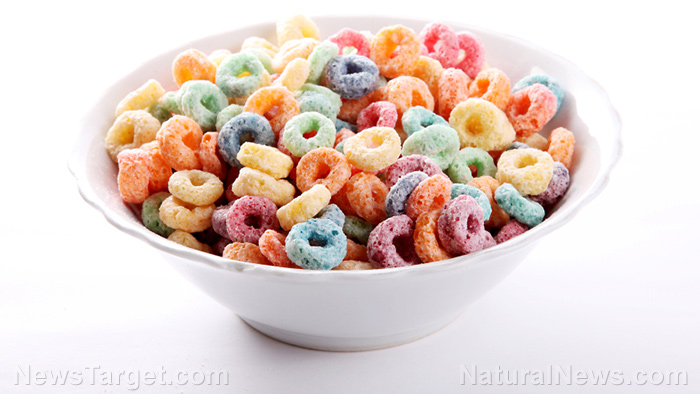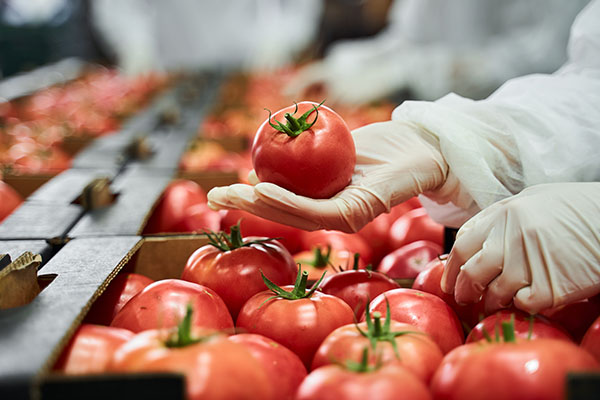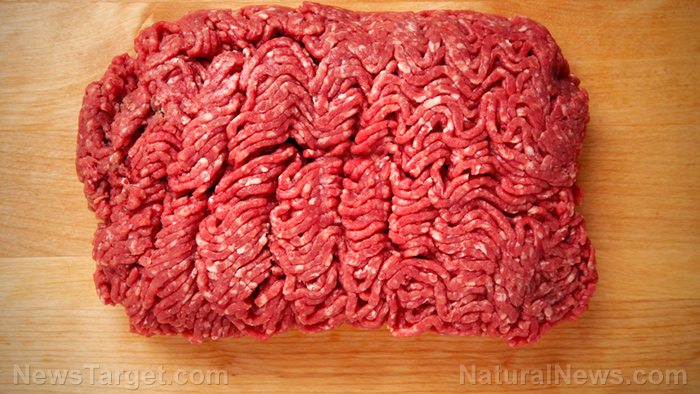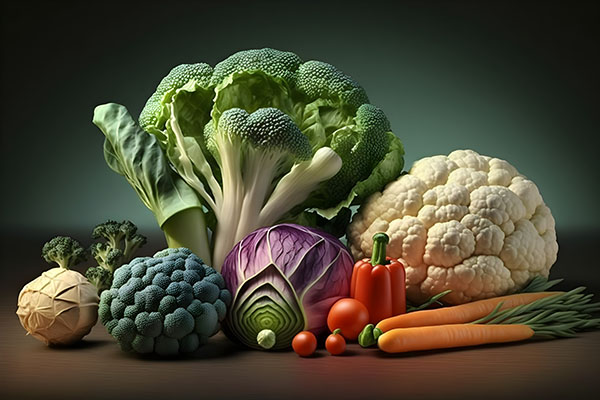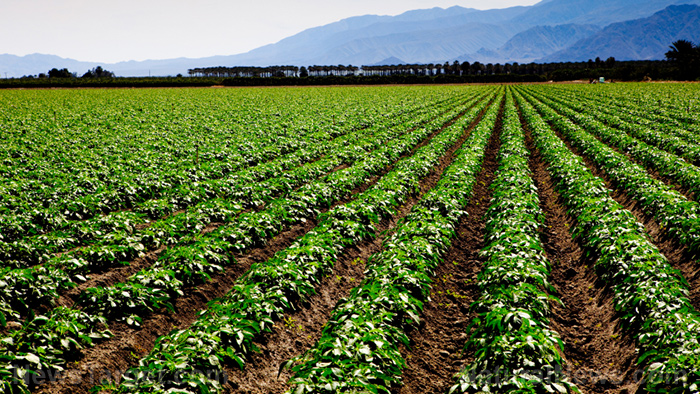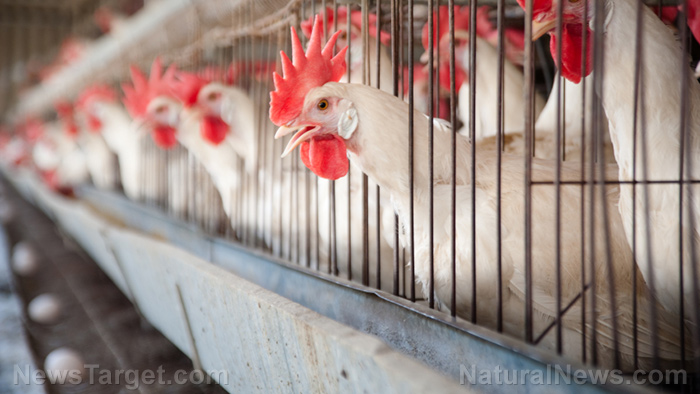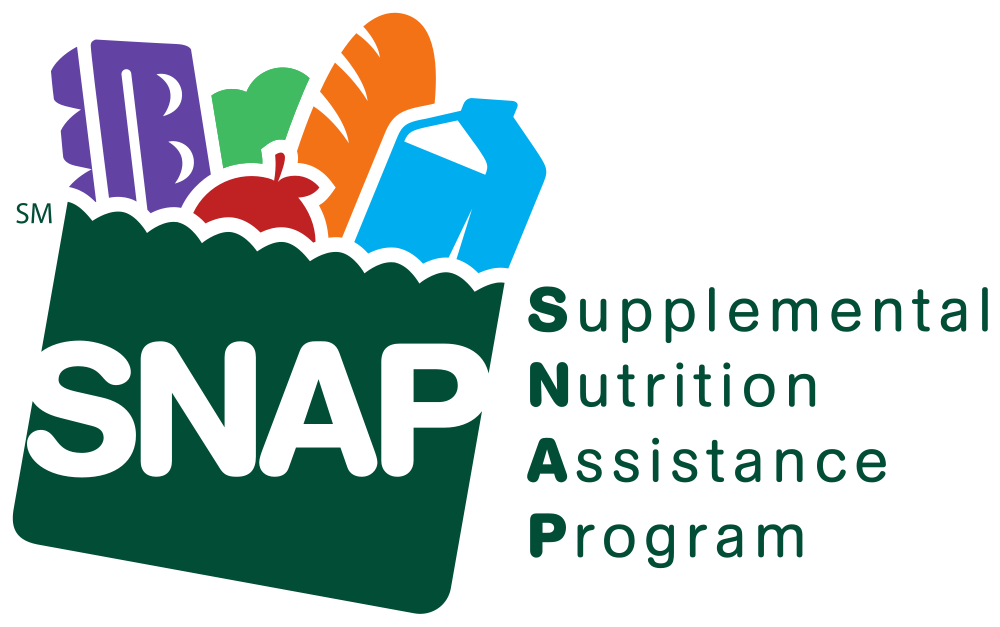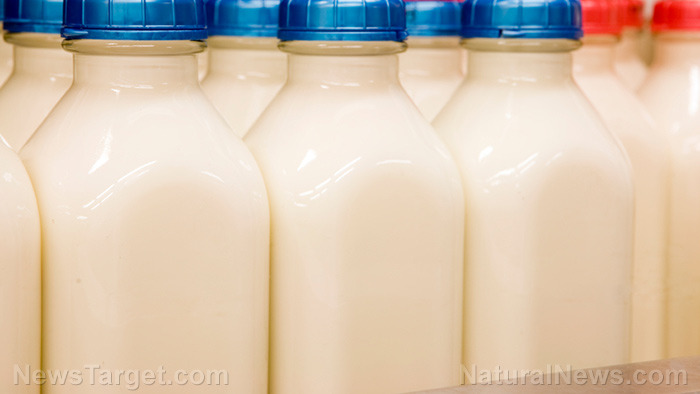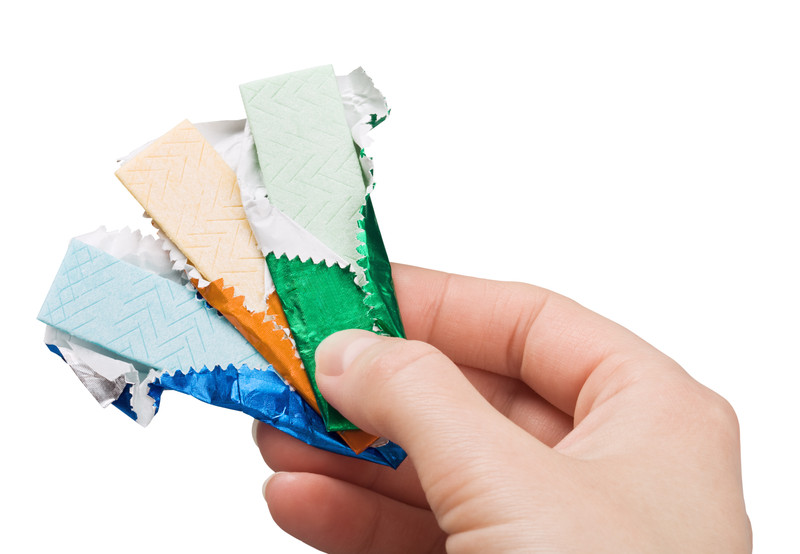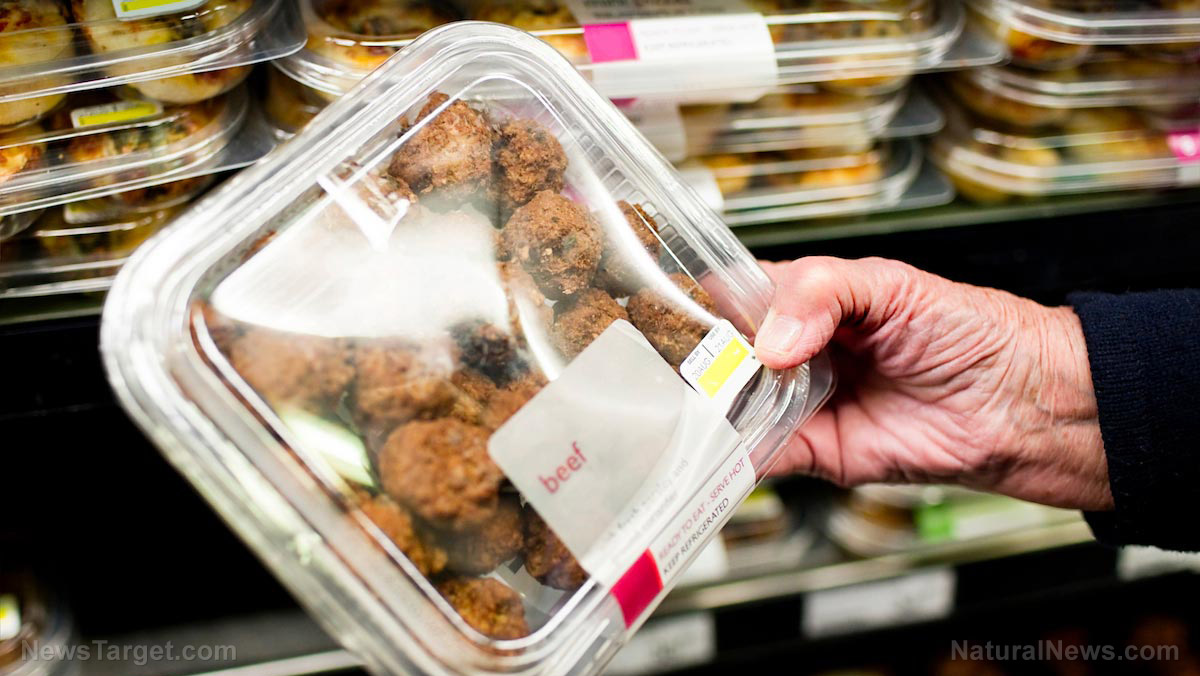Cucumber recall over Salmonella contamination expands: What you need to know to protect your health
06/04/2025 / By Olivia Cook
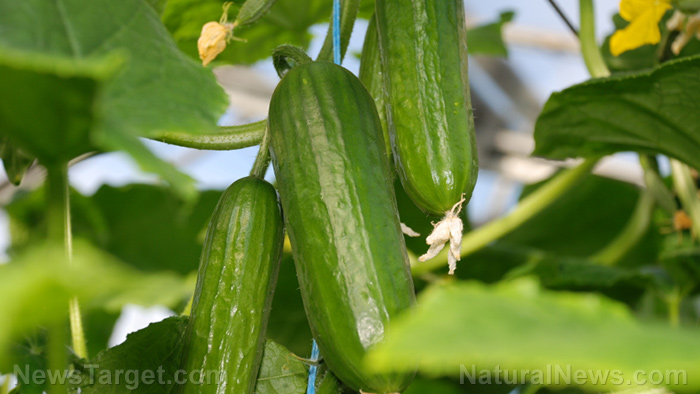
- Salmonella enterica serovar Montevideo was found in cucumbers from Bedner Growers in Florida, matching the strain that has sickened 45 people across 18 states.
- At least eight cases were connected to cruise passengers, highlighting the widespread distribution of contaminated cucumbers, including onboard dining services.
- Recalled cucumbers and retailed products were sold at major retailers (i.e., Kroger, Publix, Target, Walmart and others) in various forms – whole, sliced and in salads, sushi and deli items.
- Symptoms of Salmonella infection include cramps, diarrhea, fever, nausea and vomiting. High-risk groups include children, older adults and those with weakened immune systems.
- Cucumber products from unknown sources should be thrown out. Clean any surface or utensils that may have been in contact and monitor for symptoms.
A salad favorite has become a public health hazard. Cucumbers, often praised for their crisp freshness, are now at the center of a Salmonella outbreak that’s rapidly expanding across the United States.
What started as a regional concern has spread to 18 states, sickening at least 45 people and sending 16 to the hospital, according to a newly released update from the Centers for Disease Control and Prevention (CDC). But it’s not just about cucumbers anymore. It is about how one contaminated crop exposed vulnerabilities in the food system and how to stay safe.
As of May 30, the CDC confirmed that the same strain of Salmonella enterica serovar Montevideo found in sick individuals has also been detected in cucumbers grown by Bedner Growers of Florida. This crucial discovery links the outbreak definitively to specific cucumbers distributed nationwide between April 29 and May 19.
Testing of cucumbers from a distribution center in Pennsylvania by the Food and Drug Administration (FDA) not only confirmed the outbreak strain, but also revealed several other strains of Salmonella. The regulator’s findings brought up broader concerns about production and handling at the source farm.
A cruise connection?
Here’s an unexpected twist: Eight infected individuals had recently been on cruises departing from Florida. Though spread across six different ships, three sickened people were on the same vessel.
Investigators are now looking into food service protocols on these ships, since cruise lines source produce from multiple vendors, including Bedner Growers. This link emphasizes just how far and wide contaminated food can travel – and how rapidly it can affect people in totally different environments.
DNA fingerprinting, also called whole genome sequencing, revealed that the bacteria samples from sick people were genetically nearly identical – a solid sign they got sick from the same food source. That fingerprint matched the same S. enterica serotype found on cucumbers pulled from circulation.
Also telling, 89 percent of people interviewed said they ate cucumbers in the week before they got sick. Compare that to the average 50 percent cucumber consumption in general food surveys and the evidence becomes hard to ignore.
What products are at risk?
This isn’t just about cucumbers in the produce aisle. Contaminated cucumbers were chopped, sliced and hidden in:
- Deli items like sandwiches and wraps
- Prepackaged salads
- Salsas, pasta salads and even breakfast bowls
- Sushi rolls (often under “Snowfox” and “Snowfruit” labels)
- Vegetable trays
Retailers affected include Albertsons, Kroger, Publix, Target, Walmart and many more across more than 16 states. Some grocery chains have pulled dozens of prepared food items containing cucumbers. But for regular Americans who may have these compromised cucumbers in their refrigerators, it’s highly suggested that they discard potentially affected products.
S. enterica is more than just a stomach bug. It can cause severe illness, especially in vulnerable groups, like kids, seniors and people with weakened immune systems. Here are symptoms to watch for:
- Diarrhea
- Fever
- Headaches or chills
- Nausea and vomiting
- Stomach cramps
- Bloody stool in some cases
These symptoms usually appear within eight to 72 hours of exposure and can last up to a week. While most people recover without treatment, hospitalization may be necessary for those who experience complications. The CDC notes that actual case numbers are likely much higher than reported because many people don’t seek medical care or get tested.
Staying safe from Salmonella
Here’s how to stay safe:
- Check refrigerators: Cucumbers or prepackaged meals with cucumbers from unknown sources, throw them out.
- Sanitize kitchens: Clean all surfaces, containers and utensils that may have come into contact with cucumbers.
- Know the signs: Seek medical help if Salmonella infection is suspected, especially if symptoms persist or worsen.
- Stay updated: Follow CDC and FDA websites for ongoing recall information. Food safety changes fast and being informed matters.
The FDA has a full list of affected products and states on its website. This cucumber recall highlights a deeper truth: The food Americans buy often travels through complex supply chains before reaching their plates. When something goes wrong at any point – especially in large-scale agriculture – entire regions can feel the effects.
Visit Outbreak.news for more similar stories.
Watch the following video to learn more about Salmonella infections.
This video is from the Daily Videos channel on Brighteon.com.
More related stories:
The FDA’s wheel of salmonella (comic).
Antibiotics can increase spread, severity of Salmonella infections.
Cucumbers recalled nationwide over salmonella outbreak linked to 37 illnesses across 15 U.S. states.
Sources include:
Submit a correction >>
Tagged Under:
Bedner Growers, Centers for Disease Control and Prevention, clean food watch, cucumbers, dangerous, Food and Drug Administration, food handling safety, food safety, foodborne illness, infections, outbreak, Product recall, products, Salmonella enterica, veggie
This article may contain statements that reflect the opinion of the author
RECENT NEWS & ARTICLES
COPYRIGHT © 2017 GROCERY NEWS

